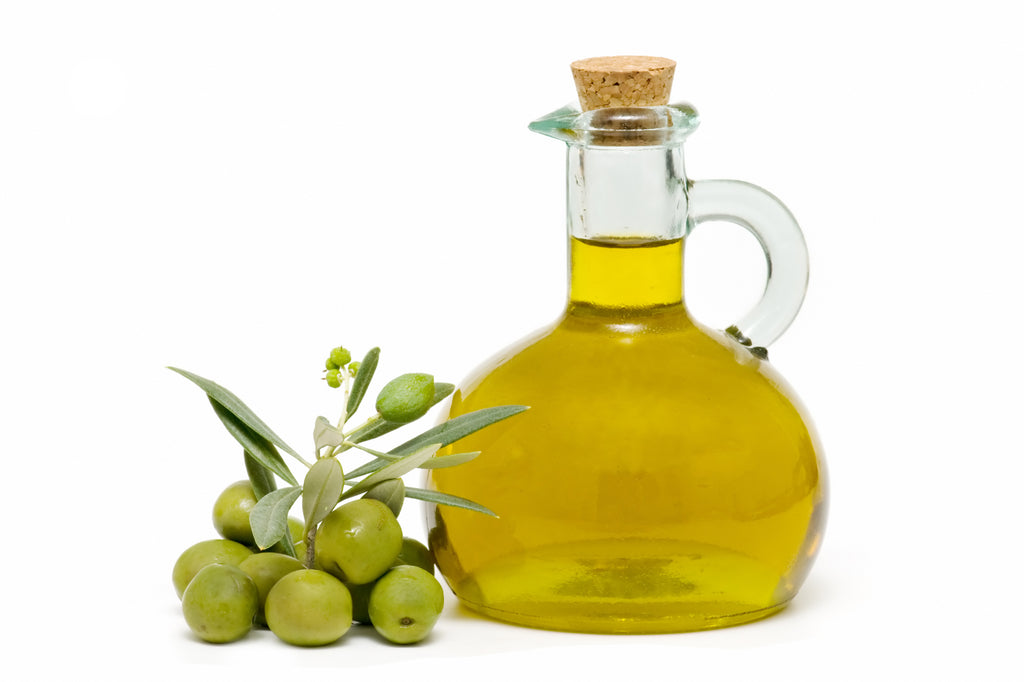The Origins of Olive Oil: A Look at Its History and Health Benefits
Posted by MARY C

Olive oil, a staple in many kitchens worldwide, boasts a fascinating history and an array of health benefits that have contributed to its enduring popularity. In this article, we will delve into the origins of olive oil, its various types, international
Historical Roots:
The story of olive oil begins thousands of years ago, with its origins often attributed to the ancient civilizations of the Mediterranean. The olive tree, scientifically known as Olea europaea, is believed to have been cultivated in the regions of modern-day Greece and Syria as early as 6,000 years ago. Its use as a food source and for its oil quickly spread throughout the ancient world.
One of the earliest known references to olive oil comes from the Egyptians, who used it for medicinal purposes, as a lamp fuel, and in food preparation. The Greeks and Romans elevated its status further, using it in their cooking, skincare, and even religious rituals. The olive branch became a symbol of peace and victory, and olive oil played a crucial role in their daily lives.
Varieties of Olive Oil:
There are several types of olive oil, each with distinct characteristics and uses:
-
Extra Virgin Olive Oil (EVOO): This is the highest quality olive oil, obtained by cold-pressing ripe olives without the use of heat or chemicals. It has a rich, fruity flavour and is ideal for drizzling over salads and dipping with bread.
-
Virgin Olive Oil: Slightly lower in quality than extra virgin, virgin olive oil is still unrefined and offers a good flavour for cooking and dressings.
-
Olive Oil (Pure or Refined): This type undergoes some processing, often a combination of virgin and refined oils. It has a milder flavour and can be used for high-heat cooking.
-
Light Olive Oil: Despite its name, light olive oil doesn't contain fewer calories but is lighter in taste and colour. It's suitable for frying and baking.
International Popularity:
Olive oil's popularity spread far beyond its Mediterranean roots. It gained international recognition in the mid-20th century as a healthier alternative to many cooking oils due to its monounsaturated fat content. Today, it is a kitchen staple in households across the globe.
Regional Preferences:
While extra virgin olive oil is popular worldwide, there are regional preferences for certain types of olive oil:
- United Kingdom: Extra virgin and virgin olive oils are widely used for salad dressings and cooking.
- Europe: Countries like Italy, Spain, and Greece produce and consume vast quantities of olive oil, particularly extra virgin.
- Australia: The demand for high-quality olive oil, especially extra virgin, has been on the rise in recent years.
- Asia: Olive oil is increasingly being incorporated into Asian cuisines for its health benefits.
- United States: Olive oil consumption has been steadily growing, and extra virgin is favoured for its rich flavour.

Versatile Uses:
The uses of olive oil extend beyond the kitchen. It has been employed for centuries in skincare and hair care, thanks to its moisturizing and antioxidant properties. In religious and cultural traditions, olive oil holds significant symbolism. It has even found its place in contemporary eco-friendly products and biofuels.
Health Benefits:
Olive oil is renowned for its health benefits. It's a key component of the Mediterranean diet, which is associated with reduced risks of heart disease, stroke, and certain types of cancer. The monounsaturated fats in olive oil promote "good" HDL cholesterol and may help lower "bad" LDL cholesterol. Its antioxidants, including vitamin E, protect cells from oxidative damage, potentially reducing the risk of chronic diseases.
In conclusion, olive oil's history is as rich as its flavour. From its ancient roots to its global prominence, this culinary treasure has found its way into kitchens, cultures, and traditions worldwide. Whether you're enjoying it in your favourite dish, using it for skincare, or savouring its health benefits, olive oil continues to play a vital role in our lives, connecting us to the distant past and promising a healthier future.

